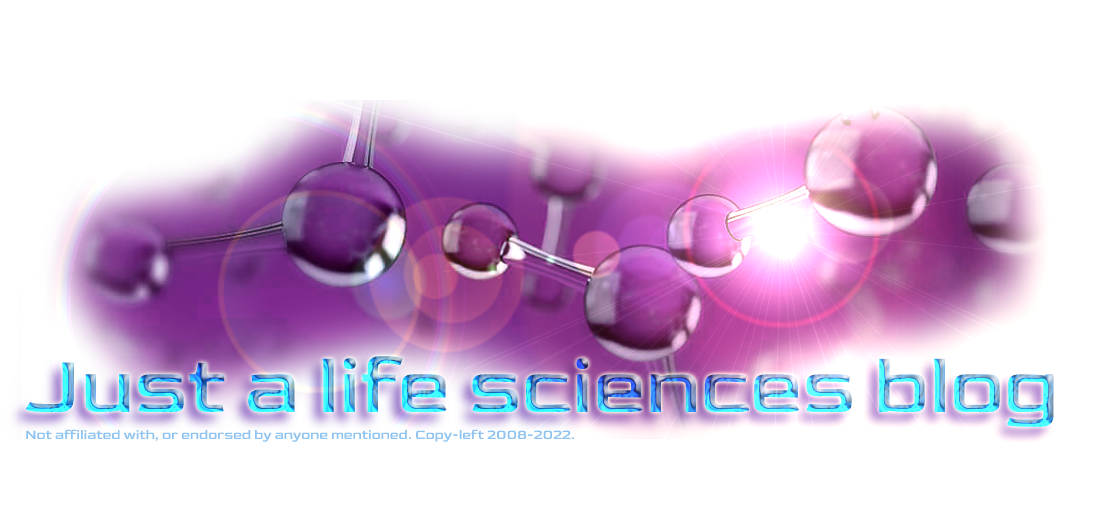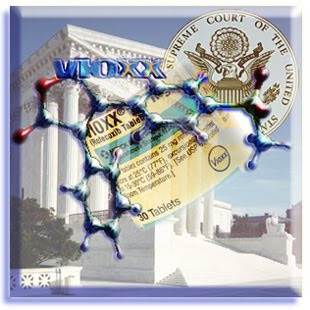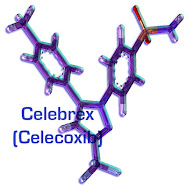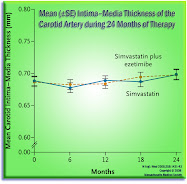It is an interim pronouncement, without a written opinion -- and it permits continued generic sales to 63 million Indians with diabetes through Q4 2015, at least. So it may not be all the victory it is suggested to be. I think the overall case will result in a settlement -- an authorized generic at Glenmark -- just as has existed, at Sun Pharma, in India, since at least early 2013.
Actually, though, it was another part of the published article that caught my eye. Here is that bit -- from BusinessToday -- just very curious, here:
. . . .In addition, when approving such marketing without authorisation, "Indian state governmental authorities reportedly do not have a mechanism to confirm whether the item to be manufactured is under patent. Recent cases such as Merck v. Glenmark and Cipla v. Roche illustrate this problem and underscore the need for greater regulatory coordination between officials in state and central governments. . . ."
In fact, the Indian Pharmaceutical Alliance in its written submission for the 2014 Special 301 Out-of-Cycle Review of India, had in October last year stated that "We submit that the difficulties in obtaining injunctions as well as apprehensions about the lack of patent linkage have been overstated to the USTR. There are several other cases where injunctions have been granted to pharmaceutical patent holders before the grant of manufacturing authorization. For example, Bayer has obtained injunctions in the Delhi High Court restraining manufacture against two parties developing Rivaroxaban under a development license, which is permissible under Section 107A(a) the Patents Act, a provision similar to the Bolar exemption in the US. . . ."
[In the US, the Bolar exemption is now codified as a statutory provision, in the federal Hatch Waxman Act.] I was unaware of the reported lack of linkage, in India, in that first quoted paragraph, above. I'm not sure how such a non-system could even function. I'll do some more digging -- to see if the commenter is correct in that assertion, as well. Will report back.


















No comments:
Post a Comment